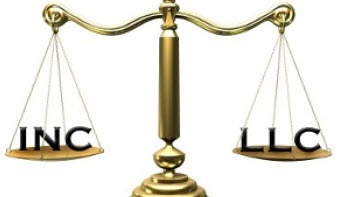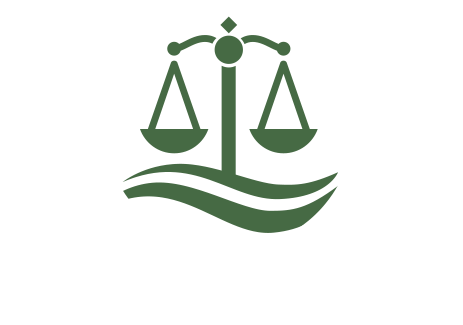If you are opening a small business, one of the most important things you will do is decide on your business structure. Your business structure will end up laying the groundwork for a number of situations. It determines your level of protection when practicing business, your tax filing status, and your rights and financial responsibilities to an extent as a business owner.
Legal Entities for Small Businesses
There are a few different ways you can structure your business. Here are the legal entities for small businesses, and why they may work for your business.

Sole Proprietorship
A sole proprietorship is the easiest structure to form when working with a new business. For this reason, it is also the most common. You can file as a sole proprietorship with just an EIN, or you can even use your own social security number. If you are doing business under your own name, you don’t have any paperwork to do until tax time (except keeping great financial records, of course!) If you are doing business under a business name, such as “Bob’s Hammers”, you will need to file a DBA (Doing Business As) document. This document simply attaches your name to the business. In a sole proprietorship, the owner has complete control of the business- but also the complete responsibility. Personal finances are not separated in a sole proprietorship legally, which means the owner has personal liability for all financial obligations of the business.
LLC
Many small businesses start with an LLC, or Limited Liability Corporation. This provides you with a level of personal protection from lawsuits and also has the benefit of looking more formal. If you have a partner, it also has the added bonus of documentation which protects both parties and sets guidelines for circumstances such as dissolution, decision making, and other situations that could affect your business. However, when it comes to taxes, you will still be taxed like a sole proprietor.
S Corporation
An S Corporation is chosen typically because it offers a high level of protection. Shareholders and officers of an S Corporation are not personally responsible for debts and liabilities associated with the S Corp. You can also save a significant amount on taxes.
C Corporation
When you think of big, successful companies, you’re probably thinking of a C Corp. A C Corporation is able to go public, and have access to tax write-offs that other corporations do not have.
Which business structure is right for your business? Do you know the best way to get started? If you still have some questions, we can help point you in the right direction.
Sources:
http://www.businessdictionary.com/definition/legal-entity.html

